Gingivitis is a fairly common oral disease, mainly caused by patients not performing proper oral hygiene, creating conditions for bacteria to develop and attack the gums and teeth. Is gingivitis dangerous? depends on the different stages. In the early stages, it usually only causes a slight discomfort, but if it has progressed to periodontitis, health will be seriously affected.
1. What is gingivitis?
The gums have the task of hugging the tooth roots to protect the sensitive tissues below the tooth roots, preventing bacteria from entering and harming the teeth. Gingivitis, also known as gingivitis, is a condition in which the soft tissue around the teeth is damaged, acutely or chronically infected. This damage in the early stages only occurs in the gum area and does not affect areas such as the alveolar bone or the ligaments around the teeth.
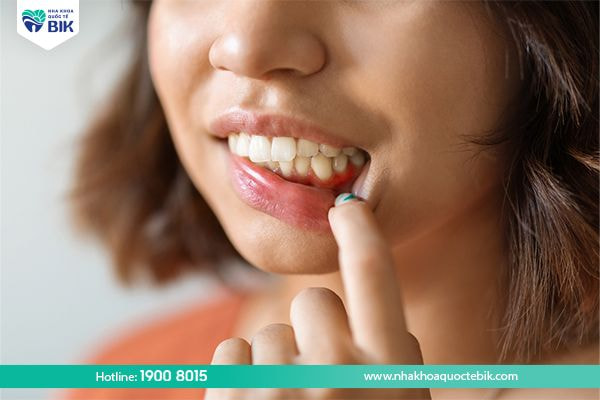
2. Symptoms of gingivitis
Gingivitis can be easily recognized through the following manifestations:
– On the surface of the teeth or at the position between the teeth and gums, there are dense plaques of tartar.
– Bleeding in the gum area when brushing teeth or while eating and drinking.
– The gums are red and swollen, bleeding when touched lightly and accompanied by a feeling of pain or discomfort.
– The gums become sensitive to foods that are too hot or too cold.
– The teeth are misaligned because the gums are no longer strong enough to hold them firmly, the distance between the teeth suddenly widens.
– Bad breath.
– Other symptoms include fever, insomnia, frequent mouth ulcers, etc.
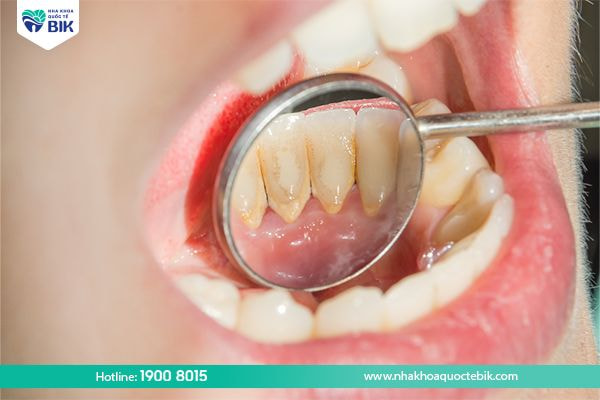
3. Causes of gingivitis
Patients with gingivitis may be due to the following causes:
3.1. Improper oral care
After each meal, if the patient does not properly clean their teeth, food residue will remain in the oral cavity as well as between the teeth. These plaques that exist in the oral cavity for a long time will gradually calcify, forming tartar that sticks between the tooth root and the gum. This is a favorable living environment for bacteria to grow and attack the gums and teeth, causing gingivitis.
3.2. Use of medication
Saliva is a factor that helps protect the gums and teeth from harmful bacteria, but there are many types of oral medications such as antidepressants, diuretics, histamines, etc. that reduce saliva secretion. A dry mouth will cause plaque and tartar to accumulate, thereby increasing the risk of tooth decay and gingivitis.

3.3. Unreasonable diet
Patients who eat a lot of foods containing a lot of sugar, or eat foods that are too hot or too cold, will easily cause plaque on their teeth. In addition, the frequent use of stimulants such as alcohol and tobacco will create favorable conditions for gingivitis to progress.

3.4. Diabetes
Research shows that most people with diabetes are susceptible to gum disease, the reason being that uncontrolled blood sugar increases the risk of gingivitis. Because high blood sugar increases pressure on blood vessels, it also reduces the ability to transport nutrients to gum tissue, making the gums susceptible to weakness and infection.
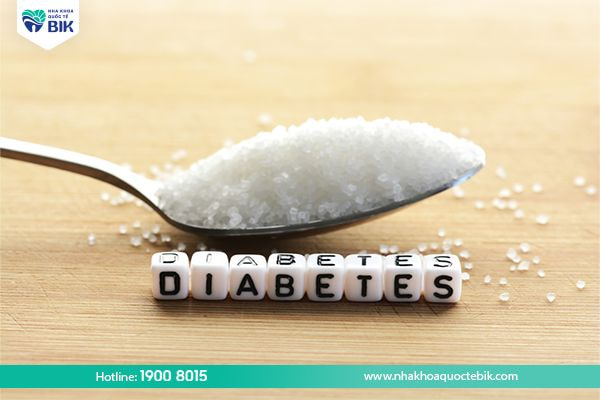
4. Is gingivitis dangerous?
If gingivitis is not treated promptly, the disease will quickly cause the following dangerous effects:
4.1. Periodontitis
If gingivitis is not treated in the early stages, it will quickly progress to periodontitis with the following symptoms:
– The gums bleed even without any impact.
– The gums are red and swollen and sometimes pus pockets will appear.
– The cells of the gums are loose.
– Bad breath.
– The teeth are spaced out so the chewing function is not guaranteed.
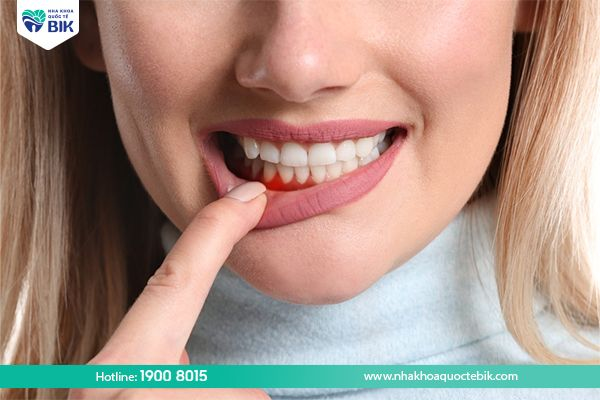
In addition, gingivitis can lead to other very dangerous complications such as: jawbone loss, diabetes, cardiovascular disease, stroke, risk of premature birth in pregnant women.
4.2. Tooth loss
Teeth will be very easy to loosen due to the loss of alveolar bone and the nerve ligaments around the teeth being stretched in the periodontitis stage. Therefore, tooth loss can be considered the most serious complication of gingivitis that worries many people. To avoid the effects of tooth loss, you can have dental implants or porcelain bridges after a dental examination.
4.3. Pneumonia
In cases of severe gum infection and lung problems, bacteria from the oral cavity can enter the lungs, increasing the risk of pneumonia. Therefore, this is an extremely dangerous complication if gingivitis is not completely treated.
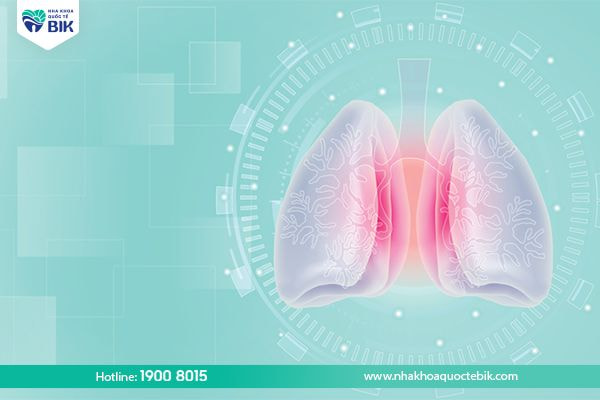
5. How to treat and prevent gingivitis?
In general, gingivitis can be quickly treated when detected promptly. Treatment of gingivitis is mainly to reverse the symptoms as well as prevent the progression of bacteria. In addition, the effectiveness of treatment also depends on the patient’s oral care regimen.
Some methods of treating gingivitis include:
– Scaling to remove the living environment of bacteria that are harmful to teeth and gums.
– Brushing teeth at least twice a day, especially after each meal to remove food plaque.
– Using a soft-bristled toothbrush with moderate brushing force to avoid damaging the gums.
– Using fluoride toothpaste to support healthy teeth.
– Replacing toothpicks with dental floss to remove food debris between teeth.
– Maintaining a scientific diet, supplementing with necessary vitamins and minerals to support increased resistance to help the body fight harmful bacteria.
– Visiting the dentist regularly at least twice a year to ensure regular check-ups of oral health.

So whether gingivitis is dangerous or not depends on the stage of the disease progression. If not treated promptly, not only oral health but also overall health will be seriously affected. Therefore, as soon as gingivitis is detected, patients need to go to a reputable dental facility for examination to find the cause, thereby implementing timely treatment measures.


















